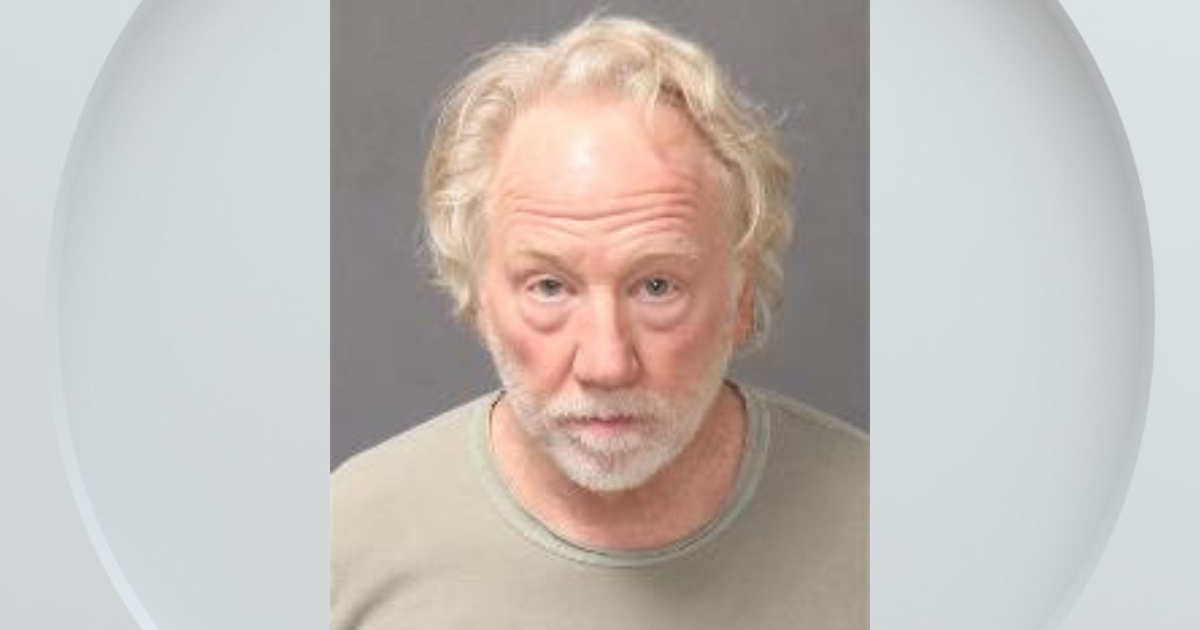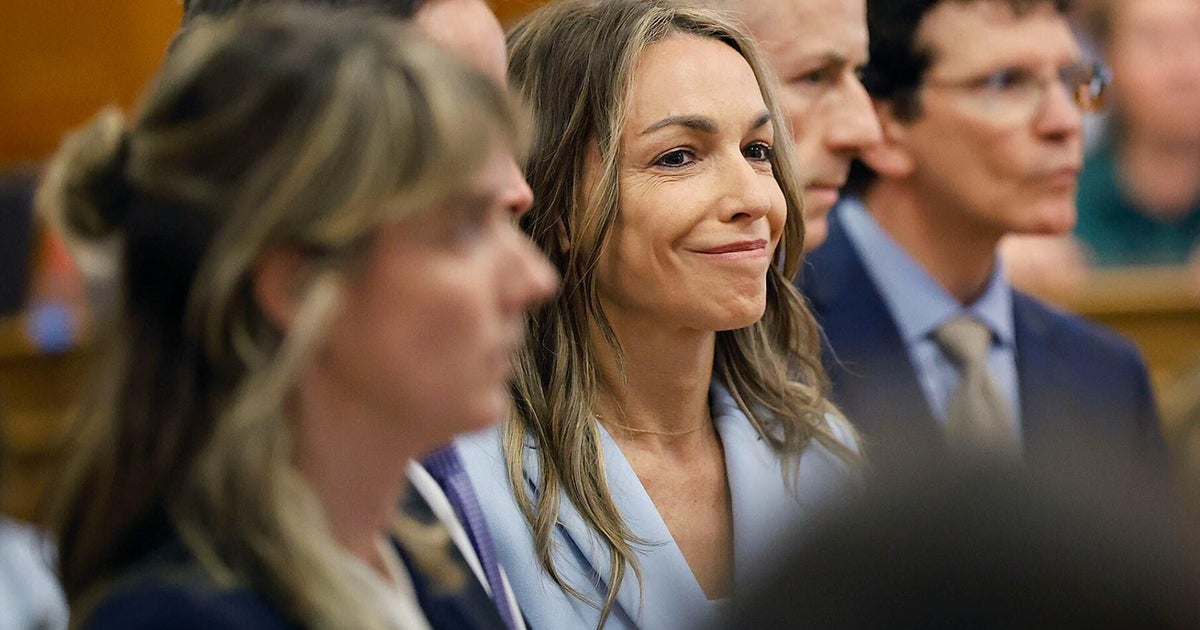I-Team: Who's Buying Sex In Massachusetts And How Can They Be Stopped?
QUINCY (CBS) -- Detective Leo Coppens and Sergeant Jennifer Tapper found three women inside a dimly lit Quincy massage parlor.
They entered the parlor because the owner does not have the proper license to operate in the city of Quincy, but online ads suggest it may be an illicit massage parlor offering sexual favors to its clients.
"I don't understand what posing a woman in a negligee has to do with fixing your back," Tapper said as she scrolled through the ads on her phone.
Coppens and Tapper are on the front lines of an uphill battle against illicit massage parlors and human sex trafficking. So-called "john boards" show dozens of online reviews of Quincy massage parlors but the officers say, it is virtually impossible to prove what is going on inside.
"These are legitimate businesses with business certificates. They're massage parlors, massage parlor establishments, so that's part of our problem. We don't know what goes on in there," Coppens said.
They also suspect that some of the women are working against their will.
"Most of the time, someone is being exploited to be put in that position," Tapper said, "Not having identification, let alone, never mind not having the licenses to massage."
Quincy is not the only city in Massachusetts battling this problem. From cities to the suburbs, over 20,000 online ads for illicit massage parlors and sex work in Massachusetts are posted monthly according to anti-sex trafficking group Demand Abolition.
"And those ads receive an average of 52 responses," Dhakir Warren, Senior Social Innovation Manager for Demand Abolition, said.
The group uses decoy ads and phone numbers to speak directly with johns.
"The goal here is to just disrupt that activity in the moment and really take away that veil of anonymity," Warren said.
They specifically target "high frequency" buyers or johns who buy sex more than 75 times a year.
"We've kind of targeted them to be about 5% of the buying population. However, they drive upwards of 50% of the transactions," Warren continued.
WBZ-TV spoke with a former buyer who illegally purchased sex for roughly seven years. He claims he was a sex addict who even engaged with sex trafficking victims without concern for his safety or theirs.
"These sexual behaviors, sexual compulsive behaviors I could not stop," he said.
After his wife found out about his exploits, he stopped and sought treatment by attending a twelve-step program for sex addicts and seeing a therapist.
"I have a therapist, I have a sponsor, I'm in a twelve-step program and those people help me on a daily basis," he said.
He argues treatment is fundamental to helping sex addicts quit a destructive cycle.
"Taking this out of the darkness and shining a light on it has made a huge difference for me in regaining my sanity," he said.
But Massachusetts Attorney General Maura Healey says johns must be held responsible.
"Our message to buyers is they're going to be held accountable. If you buy sex, you are not immune from prosecution," Healey said.
She also wants victims to know that there are resources that can help them escape a life of sexual servitude.
For more information on how you can stop human sex trafficking or to report suspected sex trafficking you can call National Human Trafficking Resource Center at: (888) 373-7888.
Other resources and information can found through these websites:
Demand Abolition
617-995-1900
My Life My Choice Project
617-779-2179
Polaris Project
888-3737-888
Support to End Exploitation Now (SEEN)
617-779-2145
Resources sex addiction can be found at:
sexhelp.com







